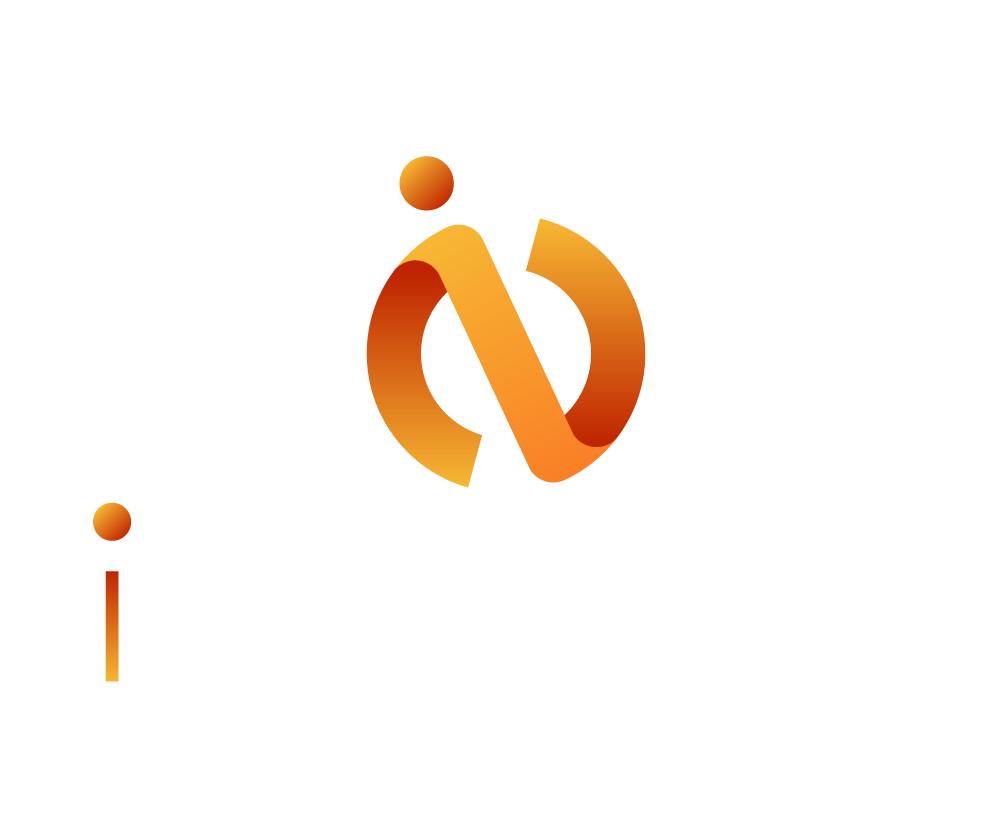In the ever-evolving legal industry, law firms face the constant challenge of attracting and retaining the best legal talent. Hiring the right people, with the right cultural fit, can significantly impact a firm’s success and ability to deliver exceptional legal services to their clients.
While reactive hiring has been the traditional approach, a shift towards proactive hiring and pipelining has emerged as a strategic advantage for firms looking to gain a competitive edge.
Here we explore the difference between reactive and proactive hiring in the context of legal recruitment and delve into why your firm should adopt a proactive hiring approach.
Reactive hiring: the traditional approach
Reactive hiring occurs when firms initiate their recruitment process only when a need arises. For example, it involves waiting for a vacancy to come up due to an employee’s promotion, resignation, or retirement before beginning the hiring process. It may also be due to firms taking on more work and requiring additional resource.
This method typically involves advertising the job opening – typically on Seek or LinkedIn, reviewing applications, conducting interviews, and then selecting a candidate to fill the position. While reactive hiring may be familiar and seems the logical approach, it is no longer the most efficient or cost-effective method. The candidate pool is limited to only those currently looking, and hiring decisions can be hurried or made with compromises on the eventually successful candidate, due to a pressing need to fill the current vacancy.
Over the last couple of years, we have heard from many firms in this situation of hurried and unsuccessful hiring. For them, and others in a similar position, this can lead to firms being over resourced (but not in the right areas, or at the right levels).
Proactive hiring: the strategic advantage
Proactive hiring is a forward-thinking approach that enables firms to anticipate and prepare for future legal talent needs. Rather than waiting for a vacancy to occur, proactive hiring involves actively seeking out and building relationships with potential candidates before a position becomes available.
This approach allows firms to establish a talent pipeline and gain a competitive advantage in hiring the best legal professionals. By engaging in networking activities, attending legal conferences, and maintaining relationships with legal professionals, firms can ensure they have a pool of pre-screened and interested candidates ready when a legal position opens.
It can seem hard to identify the right talent, which is where our legal recruitment technology comes in. It enables firms to identify legal candidates and maintain a pipeline they can easily access when, or even before, the need arises.
Why your firm needs to be proactive
Talent acquisition advantages: by adopting a proactive hiring approach, your firm can stay ahead of the competition in the talent market. Proactively seeking out potential candidates and building relationships with them enables your firm to establish connections with top legal professionals before they start looking for new opportunities. This positions your firm as an attractive option when they do decide to make a move.
Reduced time-to-hire: reactive hiring can be a time-consuming process. When a legal position becomes vacant, firms must start the hiring process from scratch, resulting in delays that can hinder productivity and impact client service. Proactive hiring significantly reduces the time it takes to fill a position. For example, instead of losing time to unsolicited CVs of (often) mediocre talent, firms can spend time building relationships with the talent already known to their current workforce. Therefore, with a talent pipeline of pre-screened and interested candidates, firms can quickly identify suitable individuals, conduct interviews, and make hiring decisions.
Better quality candidates: proactive hiring allows firms to thoroughly evaluate potential candidates over time. By engaging with candidates through networking events, internships, or other professional interactions, firms gain a deeper understanding of their skills, expertise, and cultural fit. This extended evaluation period increases the likelihood of selecting candidates who are the best match for your firm’s specific needs and culture, resulting in higher-quality hires, who are less likely to leave your firm early.
Succession planning: proactive hiring aligns with effective succession planning strategies. By identifying and nurturing potential candidates in advance, firms can cultivate a pool of qualified individuals who can fill key leadership or specialised roles within the organisation. This approach ensures continuity and minimises disruptions during periods of leadership transition or other critical personnel changes.
Employer/firm branding and reputation: proactive hiring demonstrates your firm’s commitment to attracting the best quality legal talent and investing in long-term relationships. By actively engaging with potential candidates and maintaining ongoing communication, your firm can establish a positive employer brand/reputation in the legal community. This helps attract highly skilled professionals who value proactive, forward-thinking organisations, and further strengthens your talent acquisition efforts.
Cost savings: while proactive hiring may require additional resources upfront, it can ultimately result in long-term cost savings. By reducing the time-to-hire and ensuring a more efficient selection process, firms can minimise the expenses associated with prolonged job vacancies, like overtime costs, or temporary staffing solutions. The investment in proactive hiring can yield significant returns by avoiding prolonged disruptions and maximising the productivity of the legal team. It also lessens the need to use recruitment consultants, which for many legal firms, is one of the largest expenses they carry year on year.
Access to passive talent: one of the key advantages of proactive hiring is the ability to tap into the pool of passive candidates. These individuals are not actively seeking new opportunities but may be open to considering them if the right opportunity arises. Passive candidates often possess valuable experience and expertise, making them highly sought after. By initiating conversations and building relationships with passive talent, your firm gains access to a pool of candidates that may not be readily available through reactive hiring methods alone. An example of this may be reconnecting with alumni, who (with a proactive approach), may return to your firm. A proactive approach also enables firms to align their future workforce needs with lawyer’s timeframes for a future move.
Conclusion: reactive vs. proactive hiring
Firms must adapt their hiring strategies to stay ahead in this competitive legal landscape. Proactive hiring offers numerous advantages over reactive hiring, including talent acquisition advantages, reduced time to hire, enhanced candidate quality, effective succession planning, improved employer branding, cost savings, and access to passive candidates.
By adopting a proactive approach, your firm can establish a strong talent pipeline, attract the best legal professionals, and position itself as a leader in the industry. Embracing proactive hiring will set your firm on a path towards long-term success and growth in an incredibly competitive marketplace.

